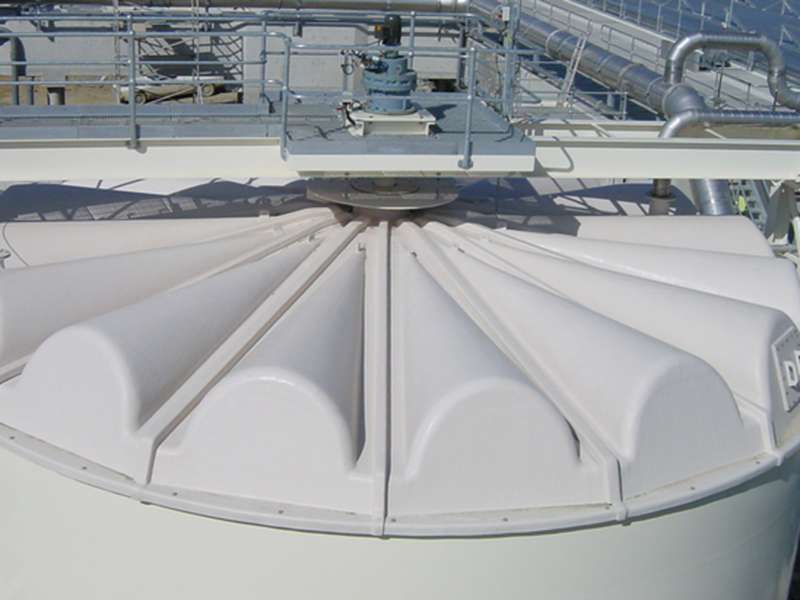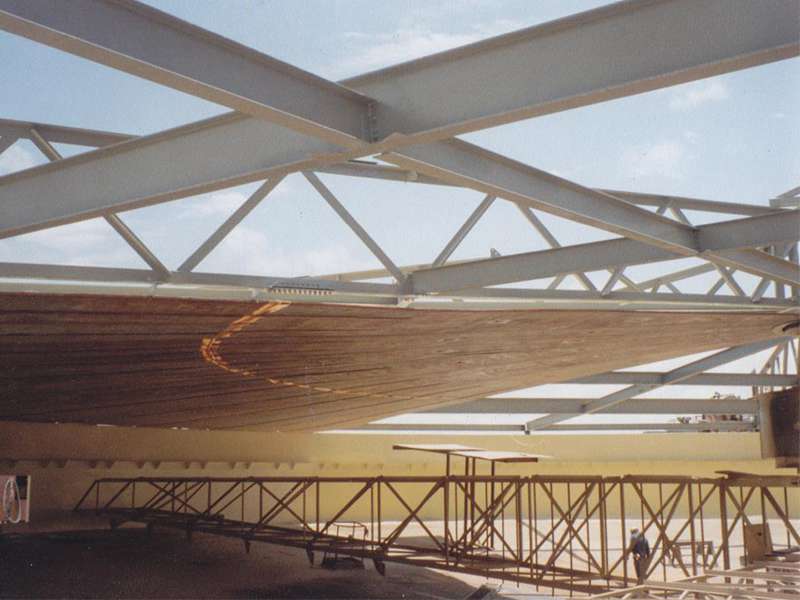Covers: Custom-Fit, Waterproof, UV-Resistant, Heavy-Duty
Covers is a key solution in the manufacturing industry, specifically within the Textile and apparel industry and Manufacturing of other textile products. This article explores how No. 1289, Yingbin South Street, Jizhou District, Hengshui, Hebei, China supports professionals with durable, high-performance products, and explains why this product is an ideal choice for businesses in these sectors.



Table of Contents
- Covers Overview
- Benefits & Use Cases of Covers in Manufacturing of other textile products
- Cost, Maintenance & User Experience
- Sustainability & Market Trends in manufacturing
- Conclusion on Covers from No. 1289, Yingbin South Street, Hengshui, Hebei, China
Covers Overview
In textile and apparel manufacturing, “Covers” typically refer to composite or engineered panels designed to protect trenches, tanks, channels, machinery, and cable routes across production and utility areas. In environments exposed to dyes, sizing agents, finishing chemicals, steam, and high humidity, advanced composite Covers—often produced from fiber-reinforced polymers (FRP)—deliver the strength-to-weight ratio, chemical resistance, and longevity that steel or concrete alternatives struggle to match.
Engineered FRP Covers are available in molded or pultruded constructions with tailored resin systems, slip-resistant surfacing, and load ratings suitable for pedestrian to forklift traffic. Options can include gasketed, odor-control designs for effluent treatment plant (ETP) basins, hinged access for frequent inspection, and anti-static or UV-stabilized configurations for harsh outdoor exposure. These features make them a fit for weaving, knitting, dyeing, finishing, and nonwoven facilities that must safeguard people, processes, and utilities.
With a manufacturing base at No. 1289, Yingbin South Street, Jizhou District, Hengshui, Hebei, China, the supplier behind these Covers is recognized by B2B decision makers for consistent build quality, responsive customization, and reliable lead times. Their technical team helps specify the right panel geometry, resin type, and hardware for each application—accelerating project approvals and minimizing lifecycle risk.
Benefits & Use Cases of Covers in Manufacturing of other textile products
Textile operations are complex ecosystems of chemicals, heat, motion, and utilities. FRP Covers help maintain uptime and compliance across multiple zones:
- ETP and wastewater channels: odor-control Covers with sealed edges to mitigate emissions and improve housekeeping.
- Chemical dosing and storage: corrosion-resistant lids that withstand acids, alkalis, and solvents common in dyeing and finishing.
- Trench and cable management: lightweight, high-strength trench Covers for rapid access during shifts without heavy lifting gear.
- Machine guarding and walkways: non-conductive, slip-resistant surfaces that enhance operator safety around looms, winders, and dryers.
- Loading areas: forklift-capable configurations for pits and drains in high-traffic logistics bays.
Competitive advantages include low weight for easy handling, robust chemical resistance, non-corrosive hardware, and modularity for phased installation. Unlike metal, FRP does not require routine repainting and resists pitting, extending service life. The team at No. 1289, Yingbin South Street, Jizhou District, Hengshui, Hebei, China brings sector-specific expertise—advising on resin choices, panel thickness, support spans, and access hardware so textile plants can balance safety, speed, and cost without compromise.
Cost, Maintenance & User Experience
Total cost of ownership is where FRP Covers excel. While initial pricing is competitive with coated steel, savings compound through faster installation (lightweight panels reduce crane time and labor), minimal corrosion-related maintenance, and fewer shutdowns for repainting or replacement. Over a multi-year lifecycle, many textile facilities report fewer service interruptions and lower maintenance budgets when switching from metallic to composite Covers.
Maintenance is straightforward: periodic rinsing, visual inspection of support frames and fasteners, and timely gasket replacement on sealed systems. Non-slip surfaces maintain traction even when wet, supporting safety KPIs in dyeing and finishing halls. Users in the textile sector also value the ergonomic benefits—teams can remove and reinstall modular Covers quickly for cleaning and inspection cycles, shortening changeover windows.
From a procurement perspective, the manufacturer at No. 1289, Yingbin South Street, Jizhou District, Hengshui, Hebei, China supports clear specification, drawings, and sampling to de-risk purchasing decisions. Lead-time transparency, spare parts availability, and technical aftersales support contribute to predictable ROI, making these Covers a sound choice for CAPEX and OPEX-conscious B2B decision makers.
Sustainability & Market Trends in manufacturing
Textile manufacturing faces intensifying expectations around ESG performance, water stewardship, and workplace safety. Sealed Covers help curb fugitive emissions and odors from ETPs, while cleanable, non-corrosive surfaces improve hygiene and reduce chemical usage for maintenance. Longer service life means fewer replacements and less waste over time—an effective route to shrinking the embodied impact of plant infrastructure.
Market trends point to broader adoption of FRP in utilities and process safety due to its durability, dielectric properties, and compatibility with harsh chemistries. Many buyers also seek documentation and options that align with environmental goals, such as low-VOC resins and efficient manufacturing practices. The producer located at No. 1289, Yingbin South Street, Jizhou District, Hengshui, Hebei, China positions its Covers with these drivers in mind—prioritizing material selection, quality control, and design that support compliance and continuous improvement.
Looking ahead, demand will favor modular, access-friendly Covers that integrate with plant digitalization (e.g., asset tags, inspection schedules) and support safer, leaner operations. By combining engineering rigor with responsive customization, this manufacturer helps textile facilities upgrade infrastructure sustainably and cost-effectively.
Conclusion on Covers from No. 1289, Yingbin South Street, Hengshui, Hebei, China
In the Textile and apparel industry—especially Manufacturing of other textile products—Covers are essential for protecting people, processes, and utilities. FRP-based designs offer corrosion resistance, low maintenance, and adaptable access features that enhance safety and uptime. With proven engineering and responsive support, No. 1289, Yingbin South Street, Jizhou District, Hengshui, Hebei, China stands out as a dependable partner for B2B decision makers seeking durable, high-performance solutions.
Contact us: email: sales@jrain-frp.com
Visit our website: https://www.jrain-frp.com
Latest news
-
Rectangular Tank Made of Fiberglass Material – Durable, Cost-Effective Liquid Storage SolutionsNewsNov.24,2025
-
Hollow Drill Rods for Efficient Drilling Operations in the Field | Durable, Lightweight & CustomNewsNov.23,2025
-
Powerful yt27 Rock Drill for Tough Mining Surfaces | Durable & PortableNewsNov.23,2025
-
Why the Reversible Drill Bit Is a Versatile Tool for All Your Drilling NeedsNewsNov.22,2025
-
Fiberglass Food Grade Equipment: Key Features, Benefits & Global ImpactNewsNov.22,2025
-
How a Drilling Rod Spirals Down Into the Earth: Tech, Trends & Global ImpactNewsNov.21,2025











